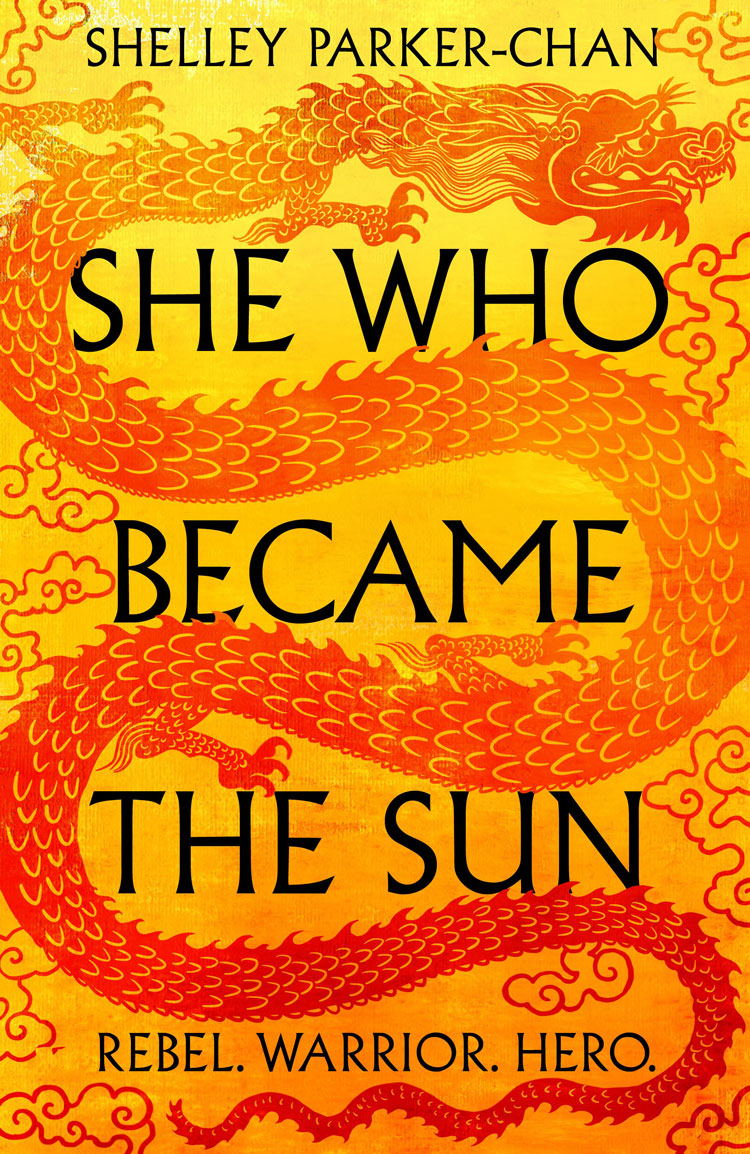Book Title: She Who Became the Sun
Author: Shelley Parker-Chan
Series: The Radiant Emperor #1
Date Started: January 17th 2021
Date Completed: January 29th 2021
Genres: Historical, Fantasy
Quality Rating: Four Stars
Enjoyment Rating: Four Star
Final Rating: Four Stars
Review:
◆ Thanks to NetGalley for this eBook copy for review ◆
She Who Became The Sun was a massively anticipated book for me this year, and I'm so glad I got to read it early. It was ultimately pretty dense; a sprawling epic that moves a bit too fast to appreciate, but I did enjoy turning the pages.
The last 10% of this book was actually fantastic, but everything else had been constructed to make those final events (and moral points) happen, rather than an organic story coming to fruition. In general, there were a lot of things that were great in principle, or when they actually happened, but only from some angles: the characters all had different morals, values and tactics, but their dialogue all read exactly the same. And the fantastical element with the ghosts and elemental magic was really cool - but obsolete for much of the story.
In many ways, what I believe will draw many people to this book is its representation and point of view. And wow, it was so nice to see such varying and fluid sexuality, and without it having to be a character trait; it was the character's identity, wrapped up along with their own individual desire and goals layered on top. But I did also note it felt like it was written for a man in the way that all the feminist things were over-explained. You can tell Parker-Chan has a political background because there's a lot of providing excess evidence and analysis to prove a point.
This book was enjoyable to read, but it didn't have enough of a humanising edge to the characters to make me root for them when they did terrible things. At the end of the day, even though you know their origins, they're all horrible, manipulative people that always seemed like horrible, manipulative people. It made me think of R.F. Kuang's The Poppy War, not just for its Chinese historical inspiration, but also it's very questionable protagonist. But I felt much less empathy for Zhu here, and it made a massive difference to the story.
This is a good example of why I don't like blurbs that compare books to other stories. Yes, it's easy to draw comparisons to Mulan, Avatar: The Last Airbender, The Song of Achilles; and sure, they're not bad comparisons. But none of them are really good parallels to the essence of this story, and it creates an expectation in the reader that can't be met and sells this new story sort of itself.

No comments:
Post a Comment